Sideloaded apps? Why stop there — third party iPhone app stores could be like a jailbreak on steroids
Ignore the security naysayers, sideloading may turn your iPhone into a proper computer.
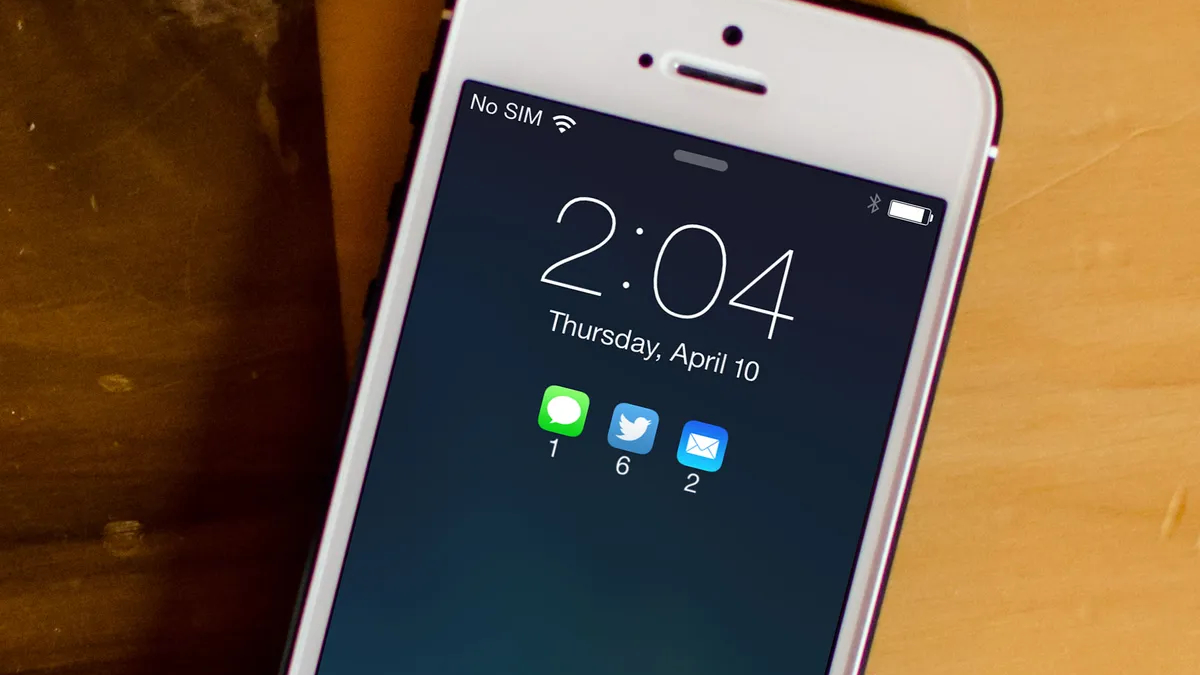
iMore offers spot-on advice and guidance from our team of experts, with decades of Apple device experience to lean on. Learn more with iMore!
You are now subscribed
Your newsletter sign-up was successful
2024 will usher in a whole new era for iOS users in the European Union (EU).
In the first half of the year, it’s rumored Apple will allow sideloading and third-party app stores on its devices. What does this mean for users? Simple: a glorious return to the carefree days of jailbreaking.
Before we get to that though, let’s take a step back and find out what's going on.
Why is sideloading happening?
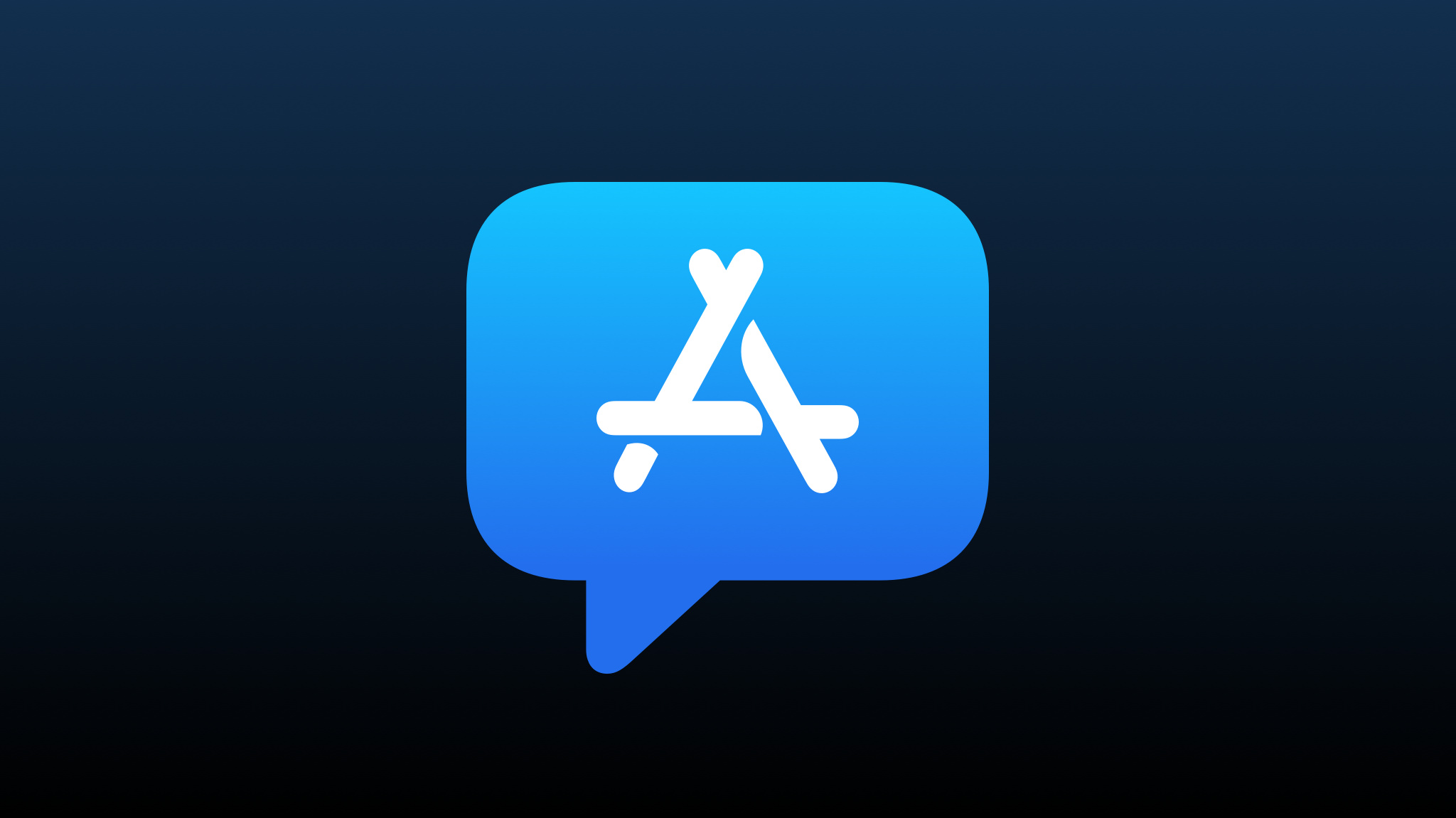
Back in 2022, the EU introduced legislation called the Digital Markets Act (DMA). This aimed to give consumers more choice on how they purchase digital goods, as well as trying to break up monopolies.
For Apple, this means that — in the EU at least — it has to allow different app stores other than its own on its devices and sideloading of apps.
This is a huge deal.
The App Store is Apple’s golden goose. The company not only gets a 15-30% cut on apps sold but also the subscription revenues they generate. On top of this, Apple’s iron-fisted rule over the App Store is part of its sales pitch.
iMore offers spot-on advice and guidance from our team of experts, with decades of Apple device experience to lean on. Learn more with iMore!
“Don’t worry about security issues or exploits,” Apple seems to say, “those are Android problems. You’re safe with us.”
If you listen to the company, sideloading is set to be a bad thing. But for some of us? It could bring back the glory days of jailbreaking.
Jailbreaking: The golden years
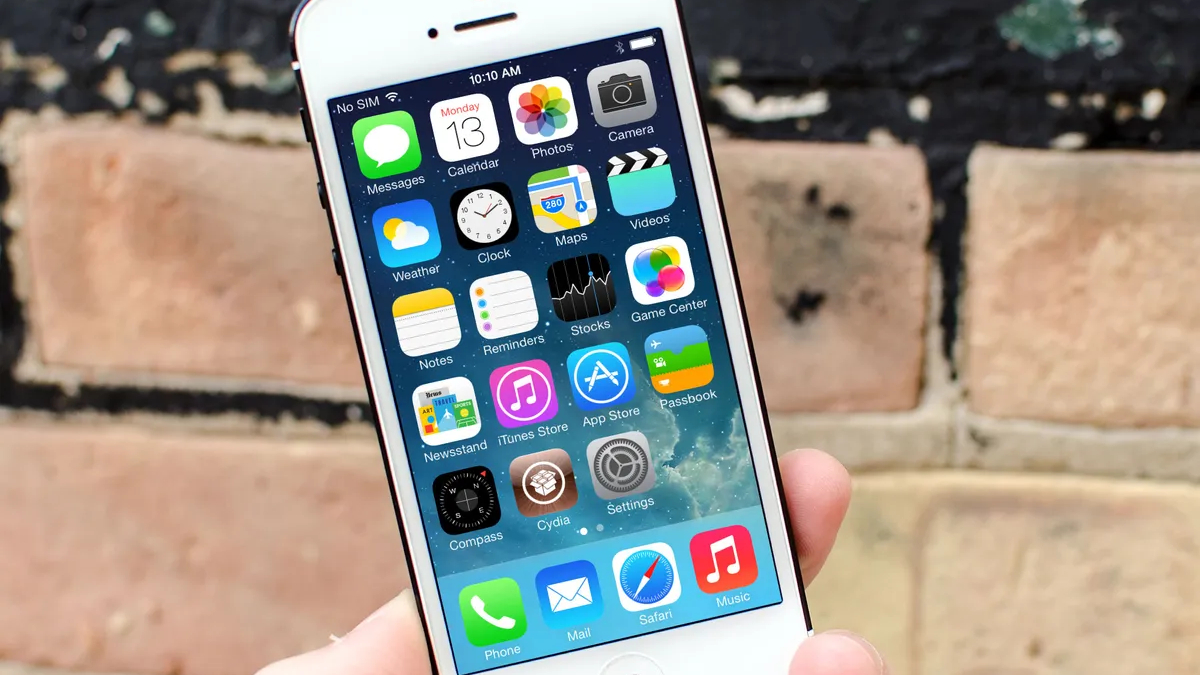
Although it’s tough to define the precise dates, there was a period from around iOS 4 in 2010 to around iOS 9 in 2015 where jailbreaking was in its prime.
Newer users may not remember, but back in those days, iPhones didn’t include a lot of basic functionality. For example, there was no personal hotspot function on those early devices, something that had existed on Android for ages by that point.
It’s hard to express how frustrating this was. I mean, Control Center didn’t arrive until 2013. If you wanted to, say, turn Bluetooth off, you’d have to navigate directly into the Settings app to make it happen.

Jailbreaking was a way to fix these problems — and make your phone look ridiculous by customizing its aesthetics, of course.
But, to paraphrase Bob Dylan, times they did a-change. Over the past few years, jailbreaking has fallen into obscurity. For me, this was for three main reasons.
First off, Apple got far better at stopping jailbreaks. These days, it seems impossible for newer devices to be cracked.
Secondly, Apple incorporated a lot of the functionality that was missing from early iOS versions into the operating system. Whether it was setting the torch brightness level, third-party keyboard support, or app folders, the company (eventually) gave people features they actually wanted.
Finally, while jailbreaking was a bit of fun at first, it got serious, fast. One horrendous situation saw a quarter of a million people with jailbroken phones having their data stolen by a Chinese hacking group.
These factors combined to push people away from jailbreaking — and for good reason.
Yet, there may be hope.
Sideloading app stores can be different
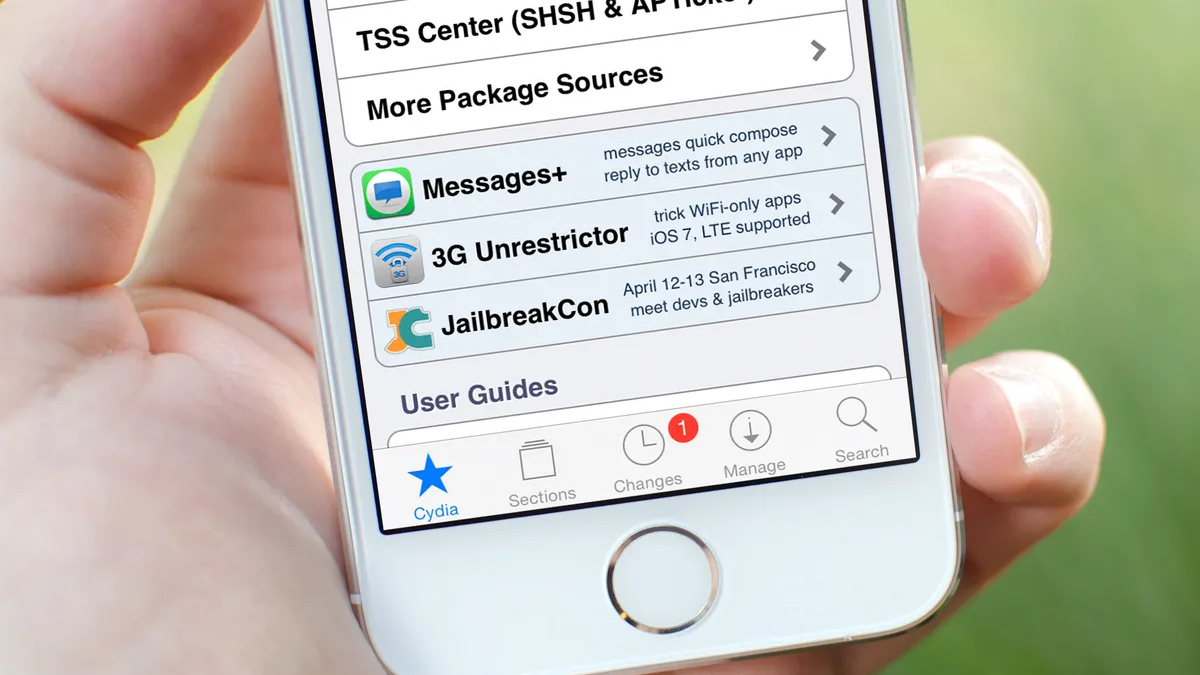
A short disclaimer. We currently don’t know exactly how Apple will incorporate sideloaded app stores onto iOS. Instead, we just have to guess at Apple’s plans.
Saying that, we can be certain about one thing: Apple will not allow sideloading to become a huge security threat.
There is no way Apple will cede complete control to third-party app stores. Not only will these most likely need to be vetted by the company before launch, but the apps they install will also be sandboxed.
This means that although there will be a slightly increased chance of security issues with sideloaded app stores, they will be magnitudes less than the exploits available to hackers on jailbroken iPhones.
So now, we have two of the biggest issues with jailbreaking seemingly solved: availability and security. All that’s left is what these sideloaded app stores could deliver to us, the users.
The best bits of jailbreaking in a handy package
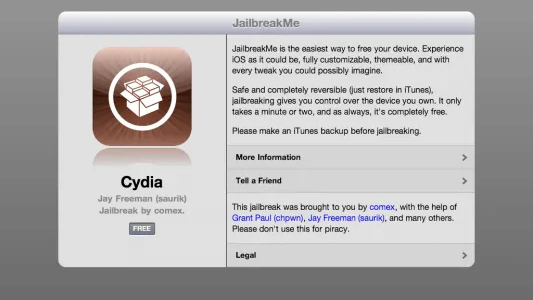
While many of the basic functionalities that jailbreaking originally fixed have already been incorporated into iOS, our iPhones are capable of so much more.
I think of it like this: I want my iPhone to be closer to a mini-computer, macOS in my pocket. I mean, it has the power.
The potential for this is endless. Let’s consider gaming. It’d be fantastic to easily run emulators on the iPhone, so you can play old PS2 or NES games whenever you’re on the go.
Another fascinating route could be ad-blocking software, stopping huge social media apps constantly showering you with adverts. There’s also the possibility of better file management, more complex downloaded capabilities, using P2P networks, or alternative interfaces when hooking up USB-C monitors to the latest iPhone 15 Pro handsets — think of an iOS alternative to what Samsung impressively achieves with its DEX software.
Being able to change the aesthetics of the iPhone would also be alluring, as would tweaking how many apps can appear on your home screen or using subfolders.
So much potential
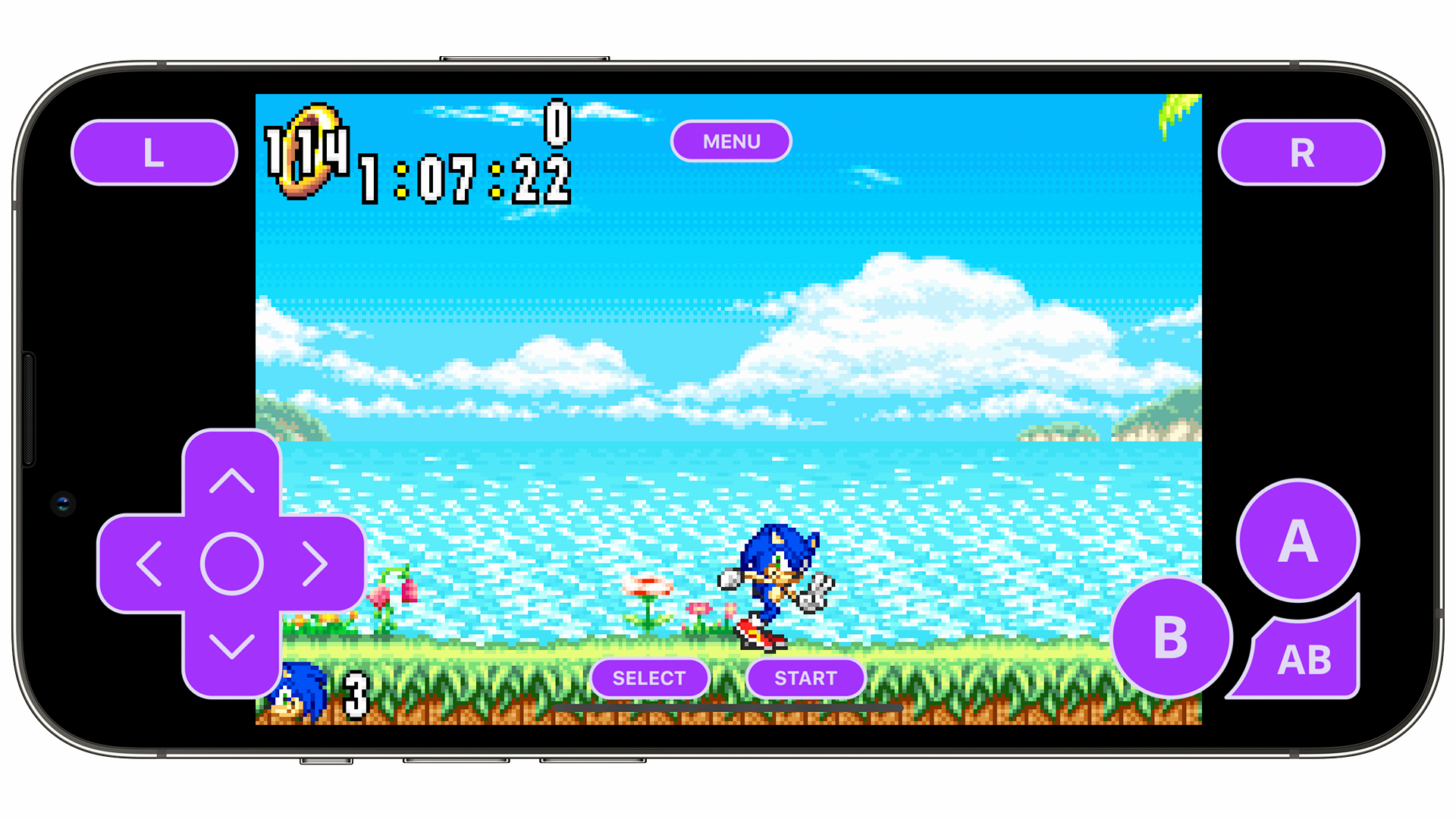
I could go on and on about the previous benefits of sideloading, but what I’m most excited about here is the future potential of open app standards. This could be an opportunity to get more control over my iPhone, make it something that feels uniquely mine, rather than a device Apple has merely loaned me.
The question though is whether sideloading will actually deliver all of my dreams. The jury is still out, but I’d be surprised if I got everything I wanted. Life doesn’t work that way.
Saying that, I’m excited. I really am — and I haven’t felt this precise emotion and hunger for the unknown since the halcyon days of jailbreaking. For that, I’m already thankful.

Callum Booth is a journalist with over a decade of experience. Previously, he was the Managing Editor of The Next Web, an Amsterdam-based global tech news site owned by the Financial Times. Callum's reporting has been cited widely, including in VICE, the FT, and the BBC.
While working as a freelancer, his writing has appeared in The Verge, The Daily Telegraph, Time Out, and many more.
Outside of work, Callum’s an avid bookworm, a Fisherman's Friends addict, and resolutely unshaven. Follow him on Twitter/X @CallumBooth or visit www.callumbooth.net.
